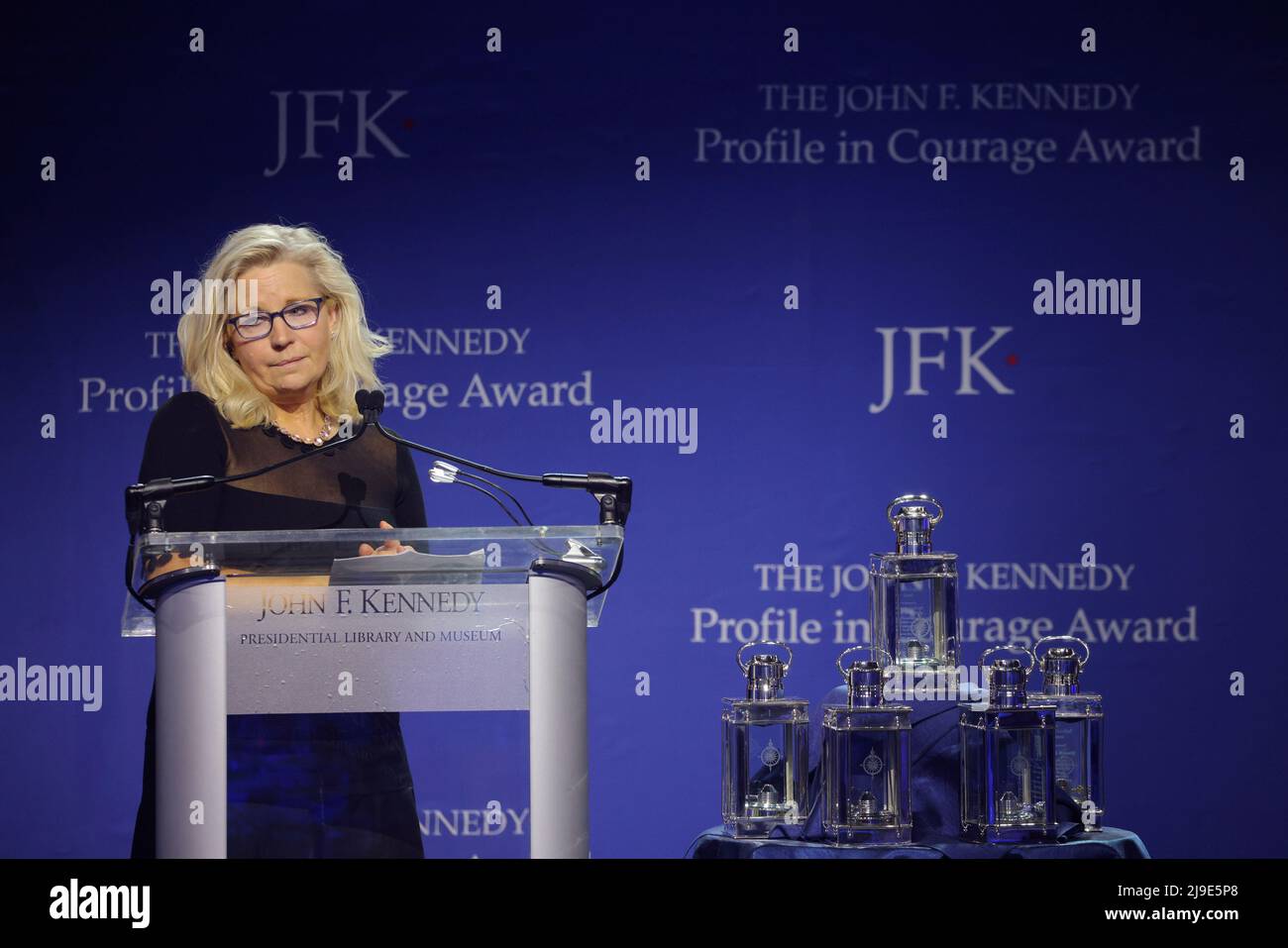

Afterward, the Klan made Alabama politics so toxic for the otherwise popular public servant that he chose not to run for re-election in 1928. He lost by a vote of getting an anti-Klan plank hammered into the 1924 Democratic Party Platform and then lost the nomination by more votes. In the course of his campaign, he took on the KKK in a series of speeches in the South and elsewhere - at the height of the pointy-headed, hooded order's political power (it had an estimated five million members). Senate and was the greatest national politician this state ever produced, ran for president for the second time. Underwood, who represented Alabama in the U.S.

Each was vilified in real time each was vindicated by history, being praised universally only later. Kennedy's "Profiles in Courage." The public officials recognized in the 1956, Pulitzer Prize-winning book all did "the right thing" in the face of massive public and political opposition and resistance. Look again, my fellow Alabamian, at John F. My friend Perry Hooper would never fall into the latter category.

It takes courage to criticize him publicly, or even to suggest that he might be wrong about something, anything. In Alabama and the rest of red-state America today, for example, it takes no courage to praise former POTUS Donald Trump, unless it's avoiding the stampede of Republicans rushing en masse to grovel at his feet and sing his praises in the course of trying to rewrite the history of his last year in office, during which he led the USA to Number One in the World in the COVID-19 Sweepstakes (most cases and most deaths).


 0 kommentar(er)
0 kommentar(er)
